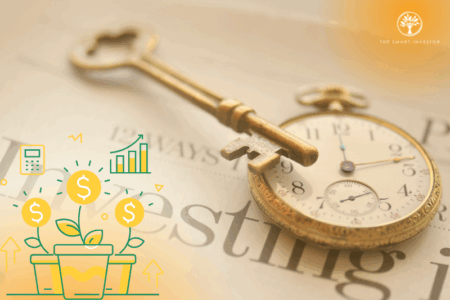By all counts, stock markets around the world should not be anywhere as high as they are right now. After all, the war in Ukraine is still ongoing, even though US President Donald Trump said it would be over as soon as he entered the White House. Then we have the war between Israel and Iran. So much for Trump saying that wars never happen on his watch.
And what about the “big and beautiful” budget that would do nothing to reduce the ballooning US debt bubble. The Republican Party, which is supposed to be fiscally prudent, could allow a massive budget deficit to pass both the Upper and Lower Houses that would add to America’s debt burden.
We haven’t even started on the tariffs yet. What we have had so far are a few handshakes and some flaky memoranda of understandings, but no concrete deals.
The Financial Times journalist was spot on when he outed the president as Taco man, namely, Trump Always Chickens Out. It seems that Trump is not nearly as good a negotiator as he thinks he is. It would seem that the cult of Trumpism has been exposed as a sham. The president has been weighed, measured and found wanting.
But stock markets continue to stand firm, if not march higher. They have done so not because of Trump but in spite of him. It is really quite bizarre. With all that is going on, share prices should be considerably lower. Are investors completely oblivious to all that is happening in the world?
What’s going on?
To try to rationalise what is going on, we could cast our minds back to September 2008 when Lehman Brothers collapsed. At the time, Lehman was the fourth-largest investment bank in America. The thought of Lehman ever being in any kind of trouble was unthinkable. But then the impossible did happen – Lehman filed for bankruptcy after most of its clients defected. The impact on stock markets around the world was dramatic. Many stock market indices hit rock bottom.
Investors dumped their shares in their droves. Clearly, there was a lot for investors to fret about as a return of capital became more important than any return on capital. It was more important for investors to preserve what they had rather than to think about what they could have.
But a point was reached when everyone who wanted to sell shares as a result of the market crash had already done so. There were just no more sellers to be had. But here’s the interesting part. Some investors started to look beyond the bad news and started to notice that the market was cheap. The risk-to-reward trade-off shifted in favour of allocating money into risk assets. They became the instigators of the next bull market.
Sceptics aplenty
However, there was still no shortage of sceptics who would continue to voice their concerns. Something similar is happening now. Just browse any news channel. There are plenty of naysayers who are ready to point out that Armageddon could be just around the corner.
But as share prices continue to rise, some of those market sceptics could become reassured. They start to realise that their fears had been overdone. Gradually, more and more doubters could start to believe that the worst is over, which is when the market slowly starts to scale what is called the wall of worry.
It doesn’t necessarily mean that all the world’s woes have been eradicated. The problems are still there. But they have simply been factored into the price. What’s more, there are still lots of cynics around – which is a good thing. It means that there are still many more potential converts who could push the market higher. It is only when there are no more doubters to convince that could signal that the wall of worry has been conquered.
The price we pay
With plenty to continue to worry the market, it is unlikely that the wall of worry will be conquered anytime soon. But for most income investors with a balanced portfolio, market gyrations should be almost an irrelevance. That is because volatility is the price that we have to pay for exceptional long-term returns.
However, superior returns don’t just happen by chance. Building a well-diversified portfolio could be a good place to start. It is also important to judiciously choose the appropriate assets to fit into the portfolio. These counters should be robust enough to function even under extreme conditions.
They should ideally have a good track record of increasing their dividends, high returns on equity, and relatively high yields so that the income that they generate can be ploughed back into the portfolio.
Attention Growth Investors: Our latest report, “The Rise of Titans,” gives you a front-row seat on the 7 most influential US stocks today. If you’re passionate about tech and growth, you can’t go wrong with our research. Downloading this FREE report could be the most strategic move you make this year. Click here to get started now.
Follow us on Facebook, Instagram and Telegram for the latest investing news and analyses!
An earlier version of this article appeared in The Business Times in 1 July 2025.
Disclosure: David Kuo does not own shares in any of the companies mentioned.





